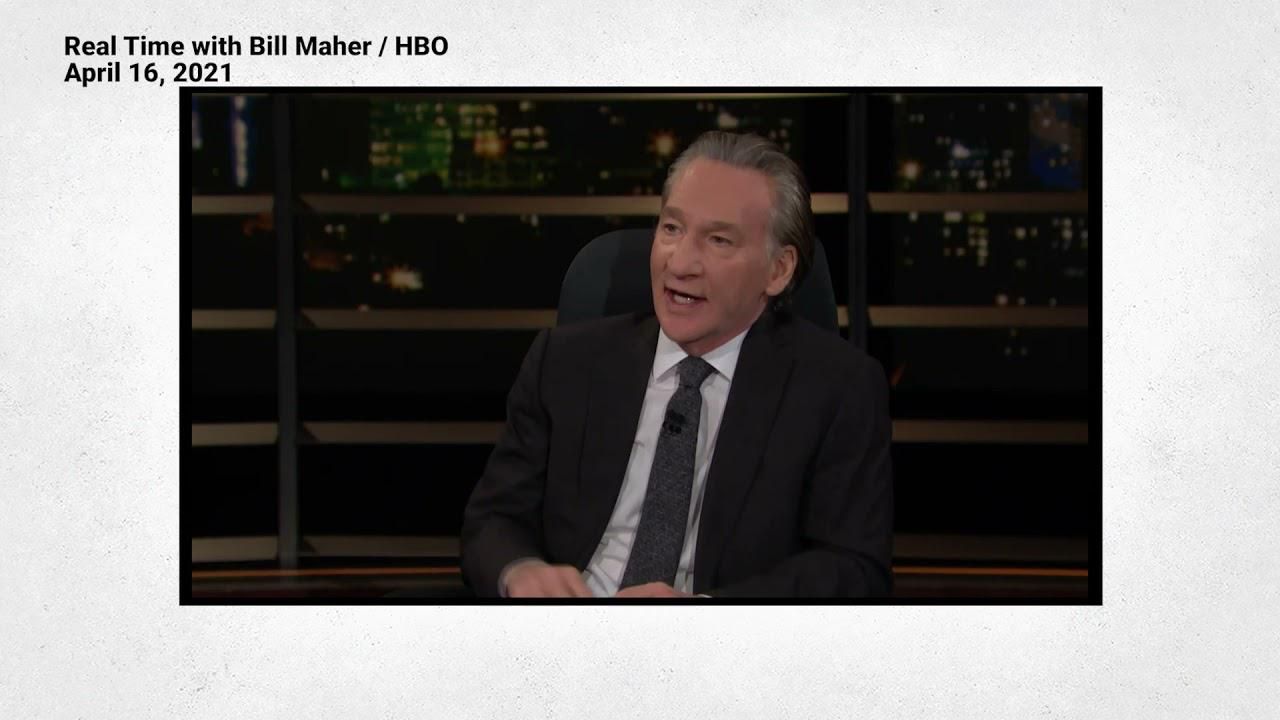Ian Bremmer and Bill Maher discussed the global leadership of the United States compared to that of China on a recent episode of Real Time. "The level of corruption in China, the level of corruption in China, even the buildings and the rails you talk about - the average building the Chinese build lasts for 20, 25 years. In the United States, it lasts for 40 to 50. There's a reason why we are still the world's most powerful country," Ian argued. "I'm just saying China's not eating our lunch - that's all."
Ian and Bill agreed that Biden's decision to fulfill his promise to take US troops out of Afghanistan is an admirable achievement and a sound strategic move. "We have the ability to send in special forces, we have intelligence. If what you're trying to do is stop terrorism, you don't need to be on the ground," Ian explained. "And what you're trying to do is improve the lives of Afghan people. We're going to be the world's leading vaccine exporter in a few months. We can help them."
More For You
At the 2026 World Economic Forum in Davos, GZERO’s Tony Maciulis spoke with Ariel Ekblaw, Founder of the Aurelia Institute, about how scaling up infrastructure in space could unlock transformative breakthroughs on Earth.
Most Popular
On Friday, US officials warned the transitional council in charge of Haiti not to remove interim Prime Minister Alix Didier Fils-Aimé, ahead of a deadline for the council to step down on Feb. 7.
The president of the tiny eastern European country has suggested possibly merging with a neighbor.
Hard numbers: US pitches “New Gaza,” Japan paves way for snap elections, “Sinners” smashes records, & More
$25 billion: The minimum amount of investment required to fulfil Jared Kushner’s ambitious property plan for Gaza.
